Publisher GungHo has announced that Lunar Remastered Collection will be released on April 18th for PlayStation 4 (with PS5 compatibility), Xbox One (with X|S compatibility), Nintendo Switch, and PC via Steam. In addition to the digital version, series illustrator Toshiyuki Kubooka‘s new cover art for the PS4 physical edition was revealed. Check out all the preorder details below.
Lunar Remastered Collection Overview
Originally developed by GAME ARTS for the PlayStation 1 (PS1), the LUNAR Remastered Collection brings the beloved JRPG classics to a new generation with modern enhancements. This remastered edition features a new English voiceover, wide-screen support, high-definition pixel and animated art, and quality-of-life updates, such as customizable battle and strategy settings for streamlined combat. Two additional language options are also introduced, making the game more accessible to fans worldwide.
Whether you’re a long-time fan or a newcomer to the LUNAR saga, this remastered collection will captivate you with its romantic storytelling and breathtaking soundtrack that has made this series a timeless classic. This remaster not only preserves the heart of the original games, but also showcases the LUNAR series’ influence on generations of JRPGs to follow.
Key Features
- Strategic Turn-Based Action: Play through two magical worlds in LUNAR: Silver Star Story Complete and LUNAR 2: Eternal Blue Complete as you fight it out in turn-based battle style, where each character’s speed, distance, position, and attack range must all be accounted for.
- Powerful Voices and Captivating Animated Sequences: Immerse yourself in battles with fully-voiced attacks and incantations in either Japanese or an all-new English voiceover by playable characters and enemies. Not to mention, the stylistic animated sequences that still capture the hearts of players today.
- Relive the Classic or Go Remastered: Choose between classic or remastered mode — an option that allows fans to travel back in time to the games’ PS1 releases, or see them in a new light with wide-screen support, revamped PS1 pixel art, and high-definition animated cutscenes.
- Two New Language Options: LUNAR Remastered Collection not only includes Japanese and English subtitles and sound, but also two new subtitle language options: French and German.
- Speed up Battle + Improved Strategy Settings: Save time and speed through battles with the flip of a switch! Additionally, new options have been added to the original strategy settings for streamlined combat.
Preorder Details
Standard digital editions will be available for $49.99 USD / €49.99 EUR. On the other hand, physical copies with reversible covers representing Lunar: Silver Star Story Complete and Lunar 2: Eternal Blue Complete will be sold exclusively through Amazon for $54.99 in North America.
European folks should look out for the collection priced at €54.99 through Clear River Games.
Screenshots
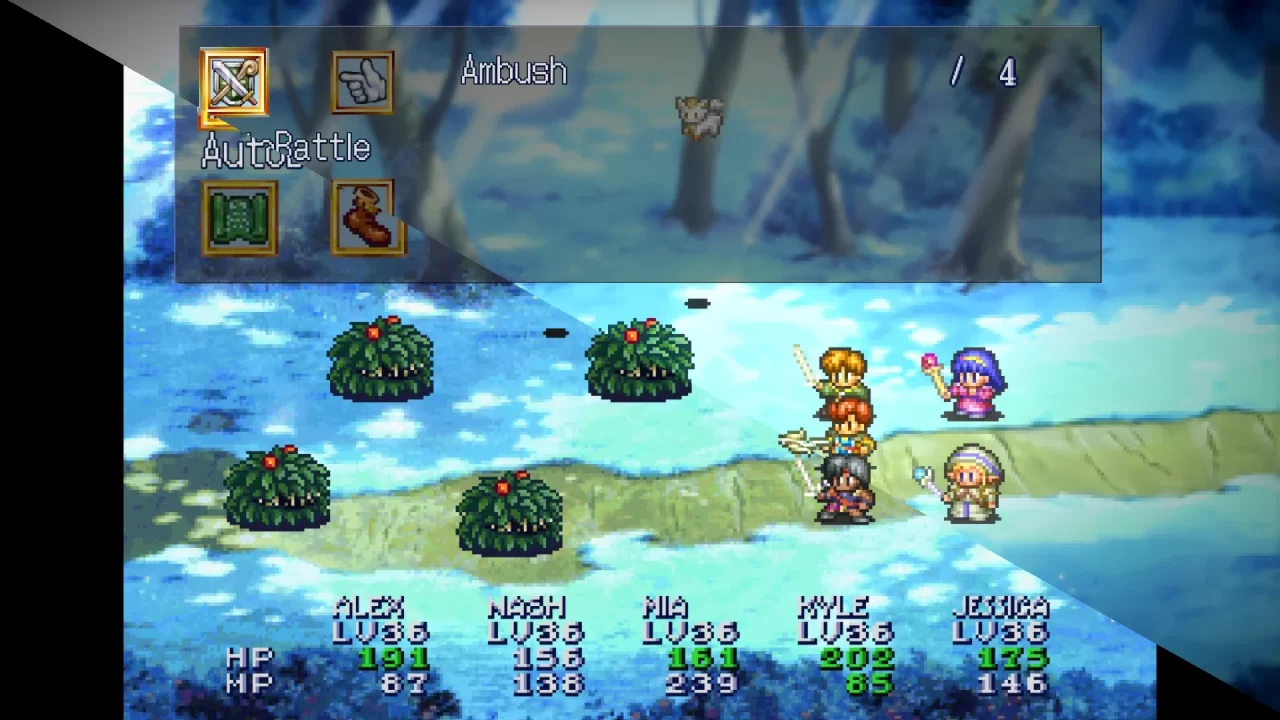
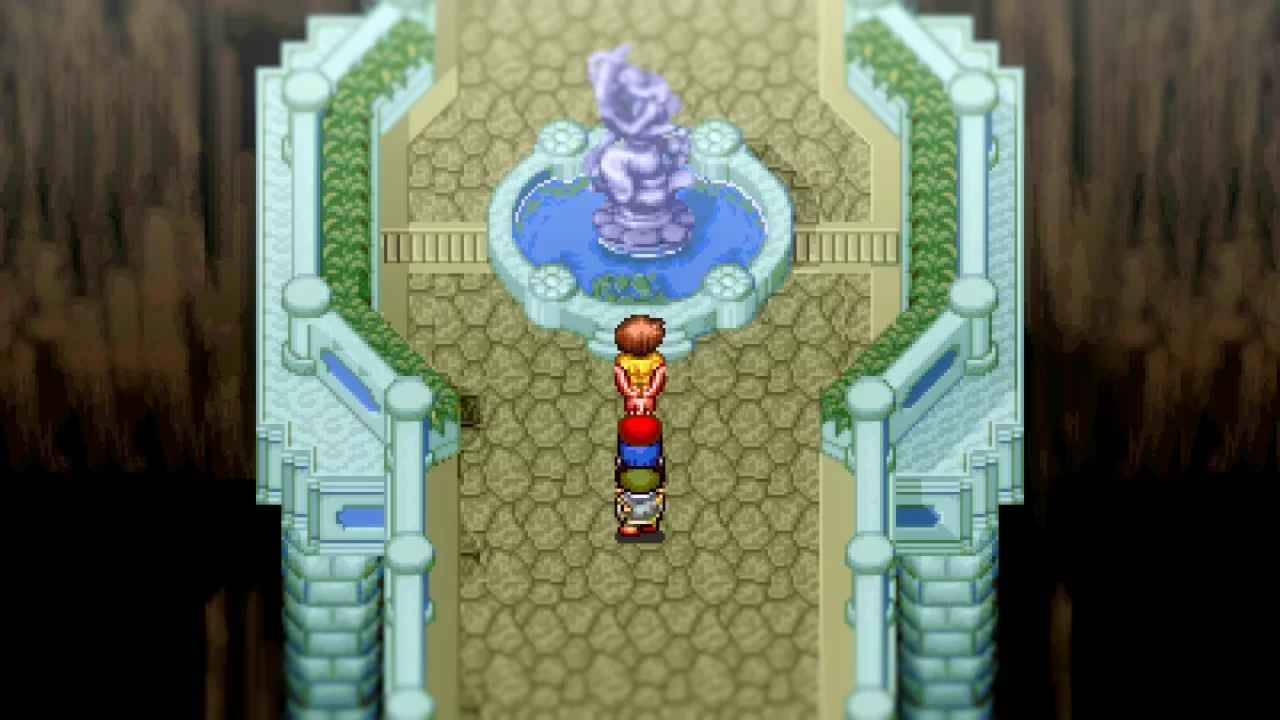
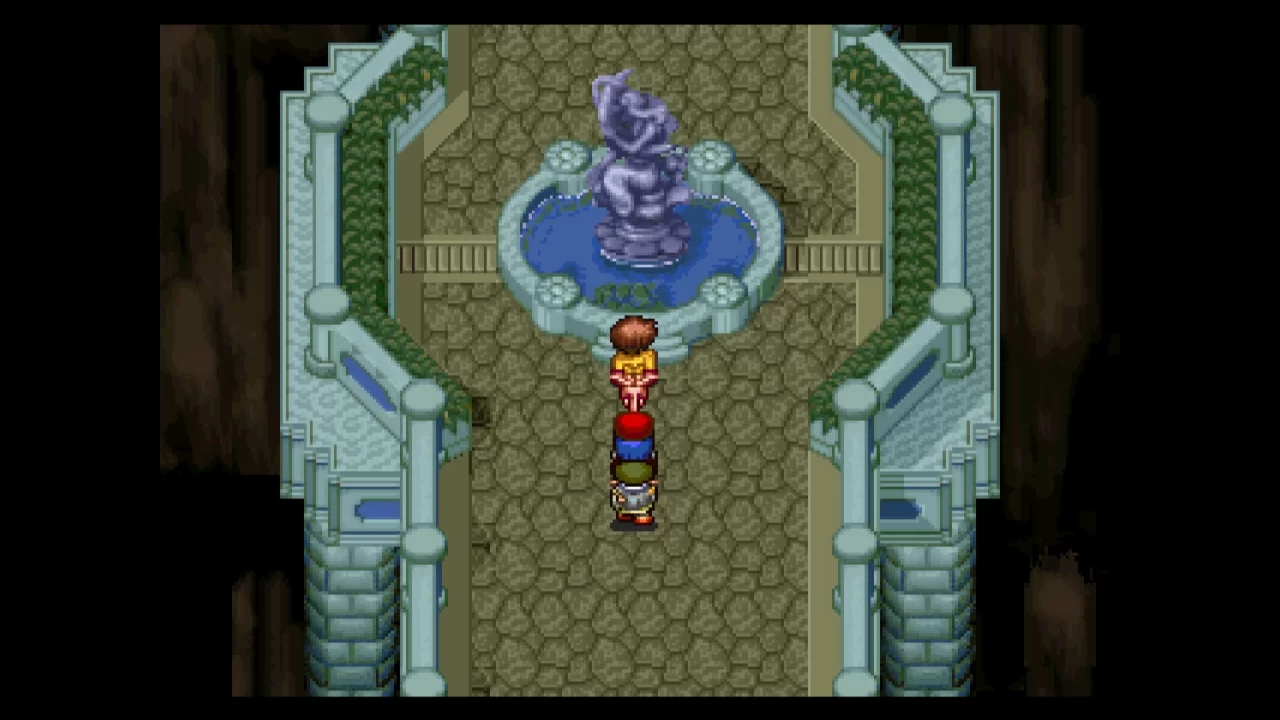
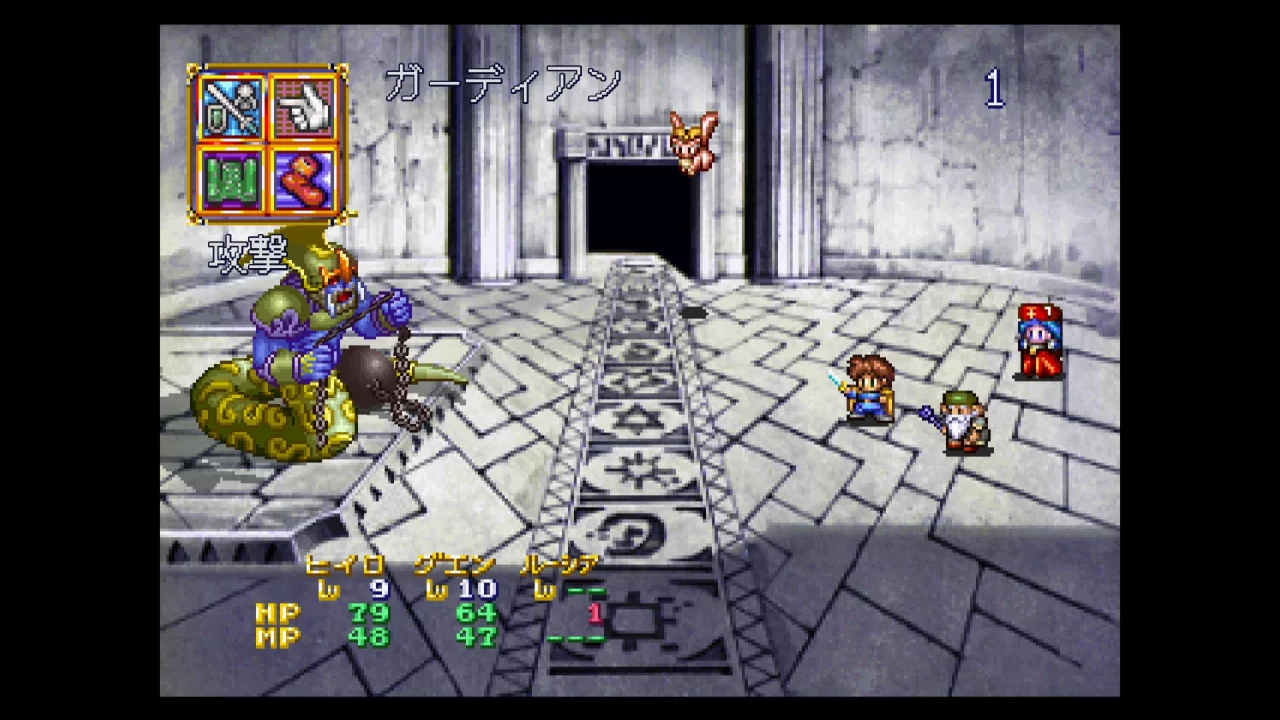
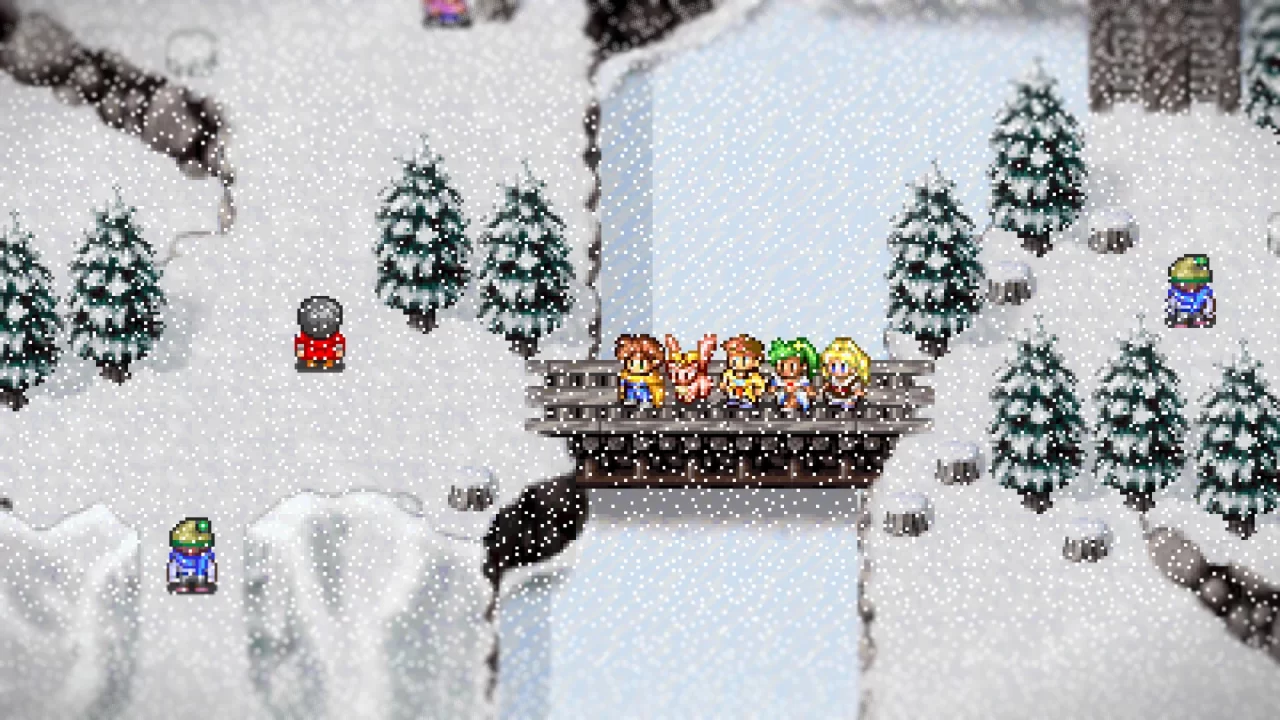
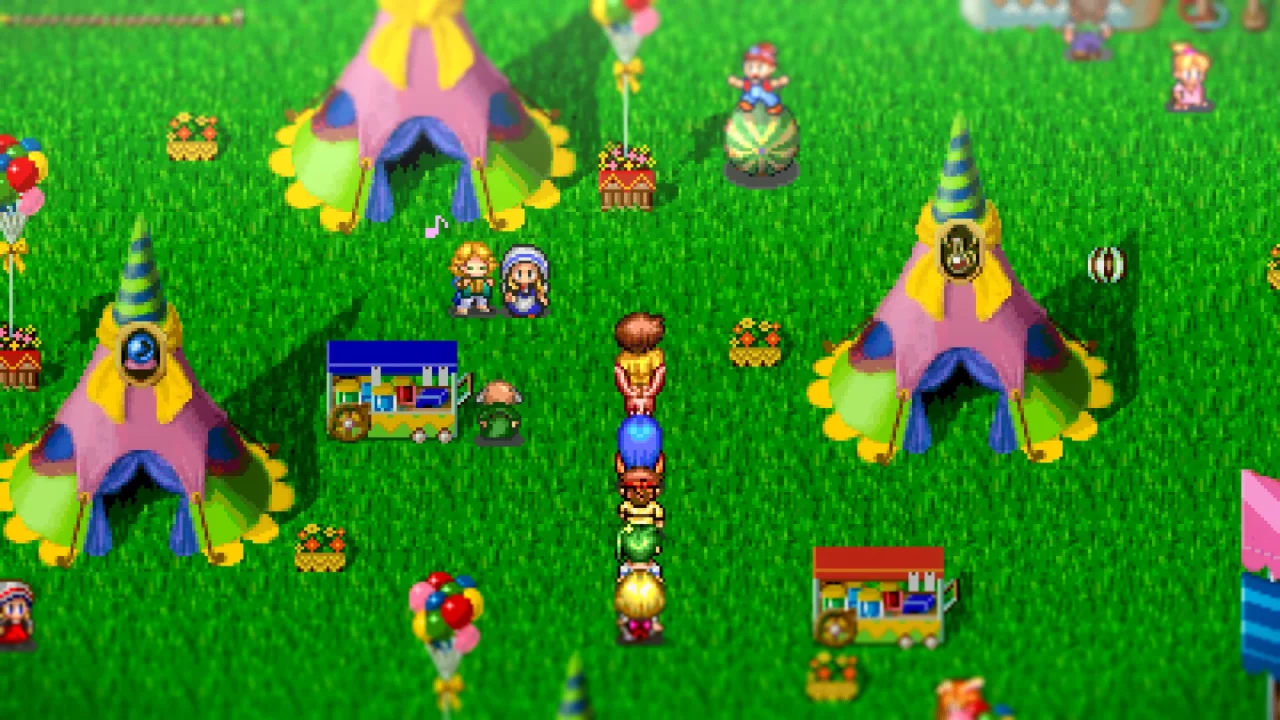
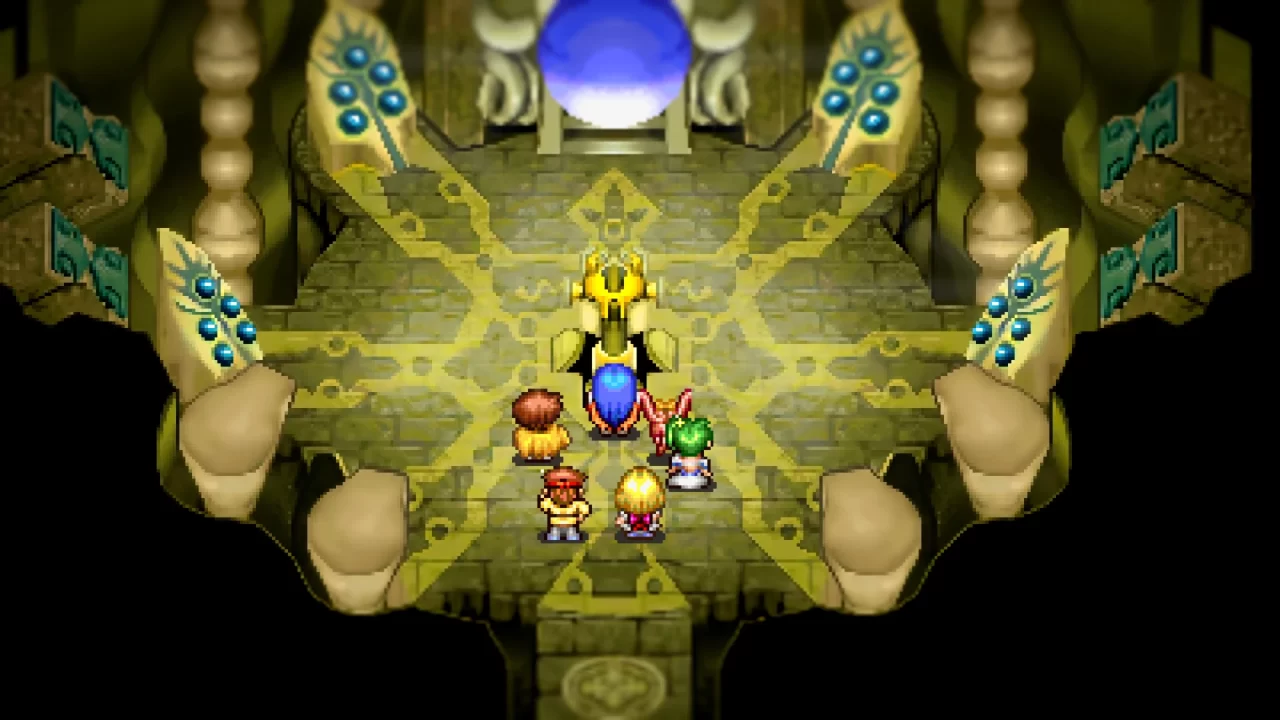
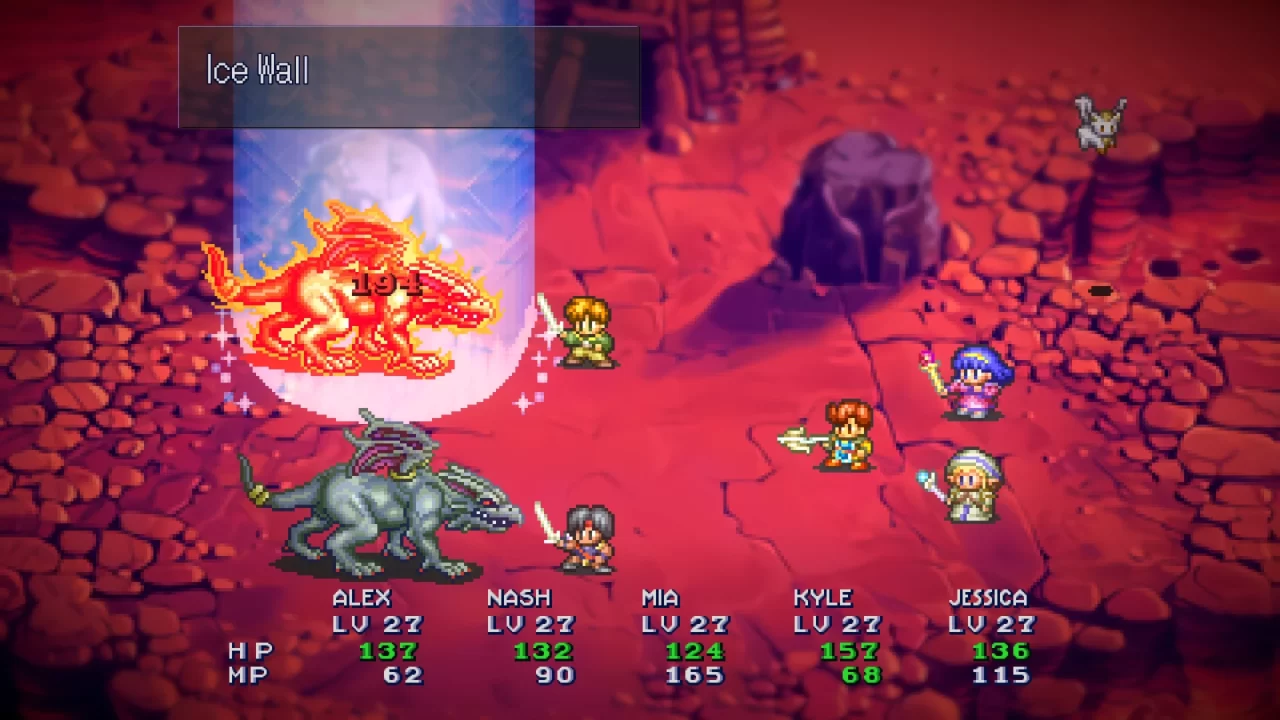
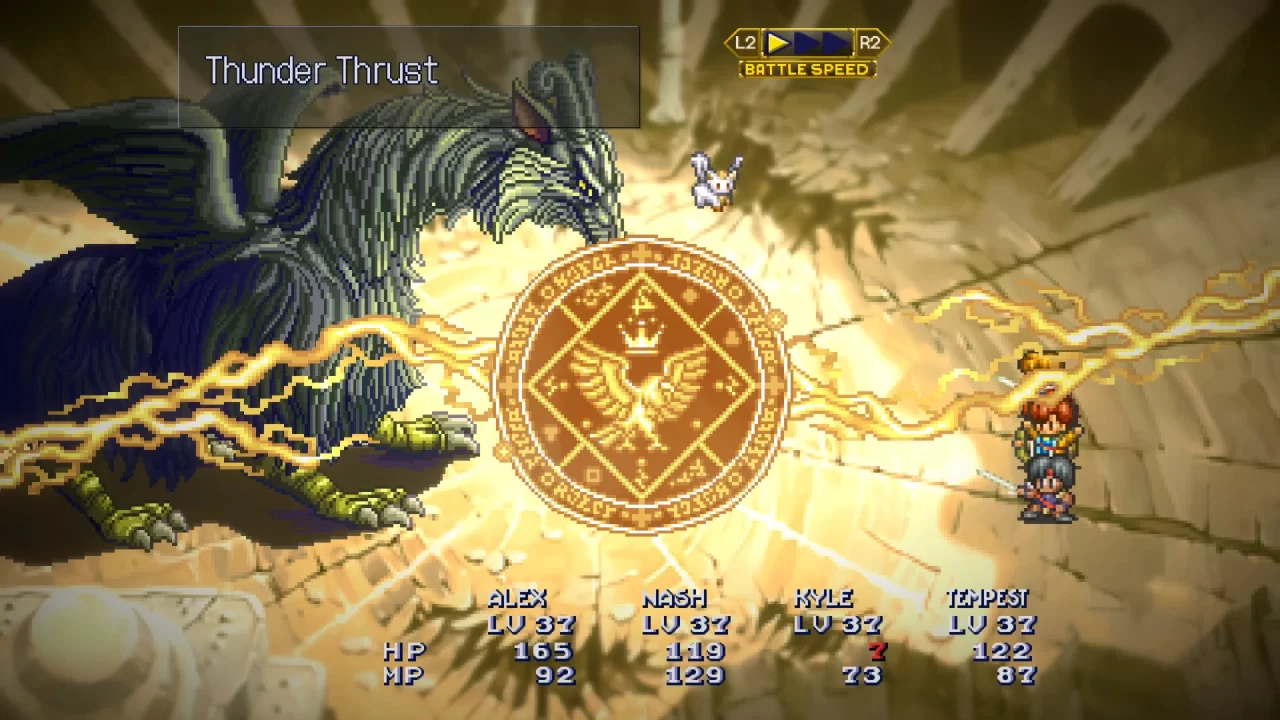
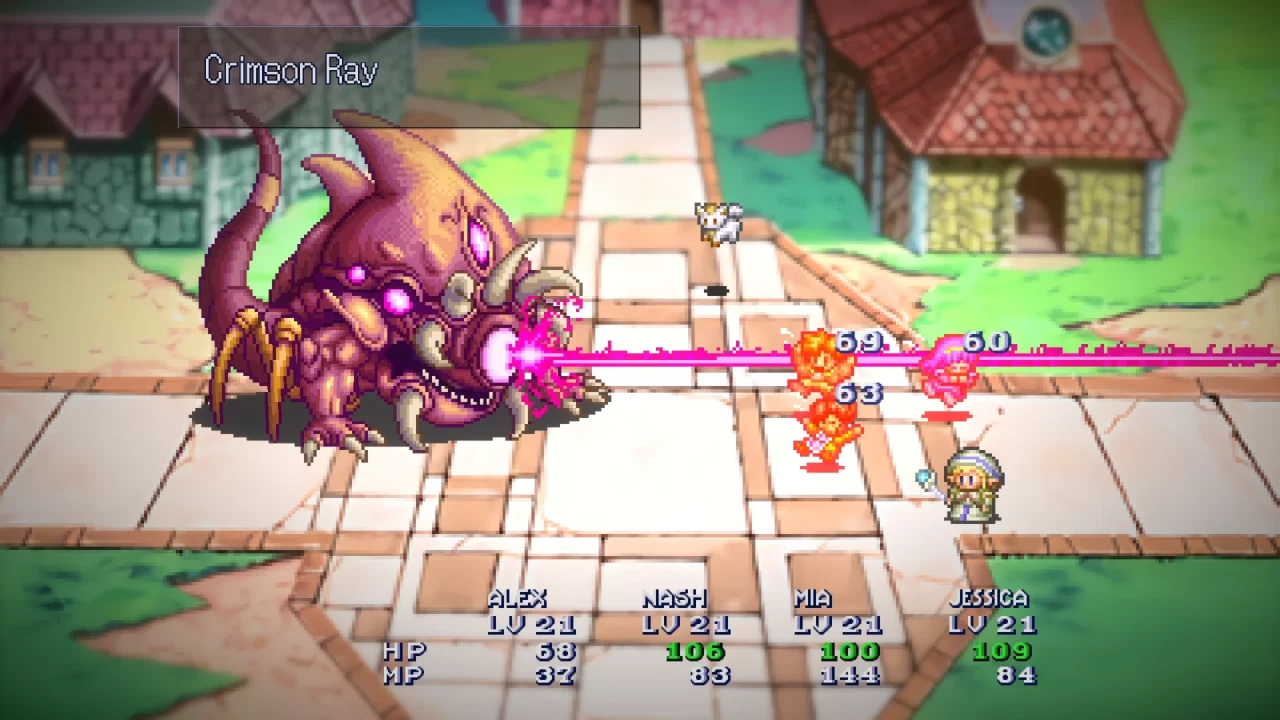
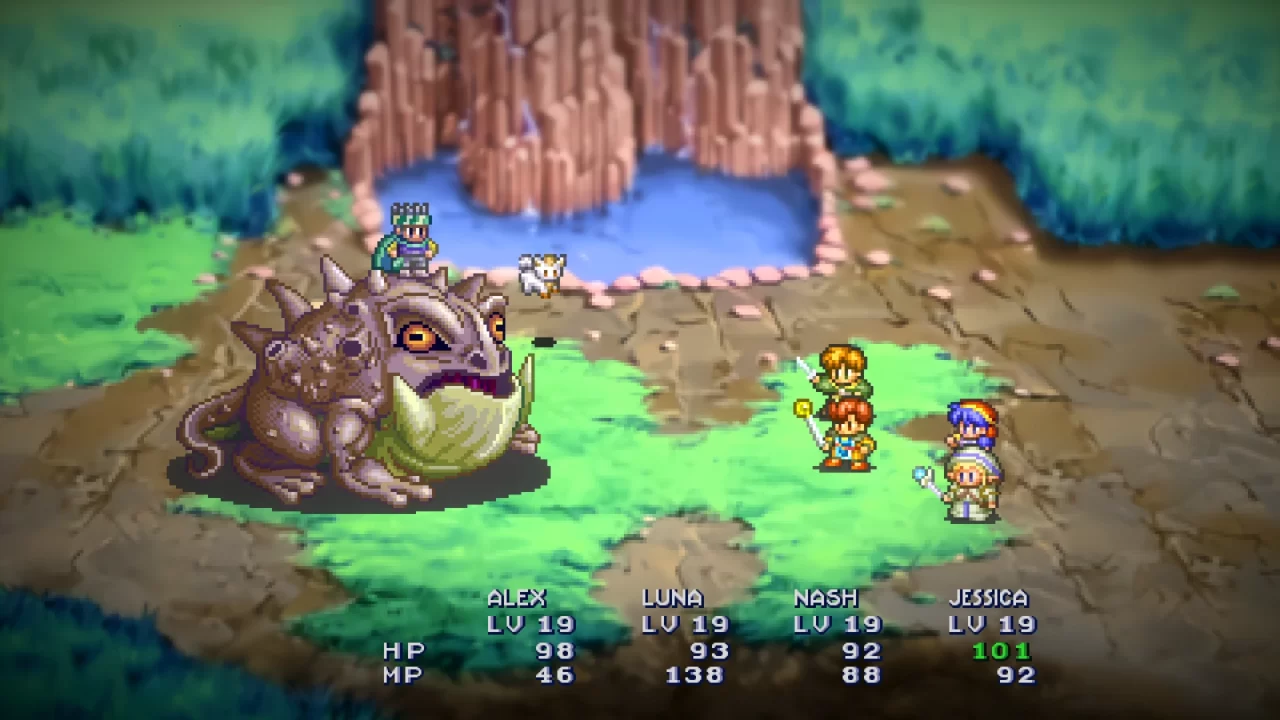
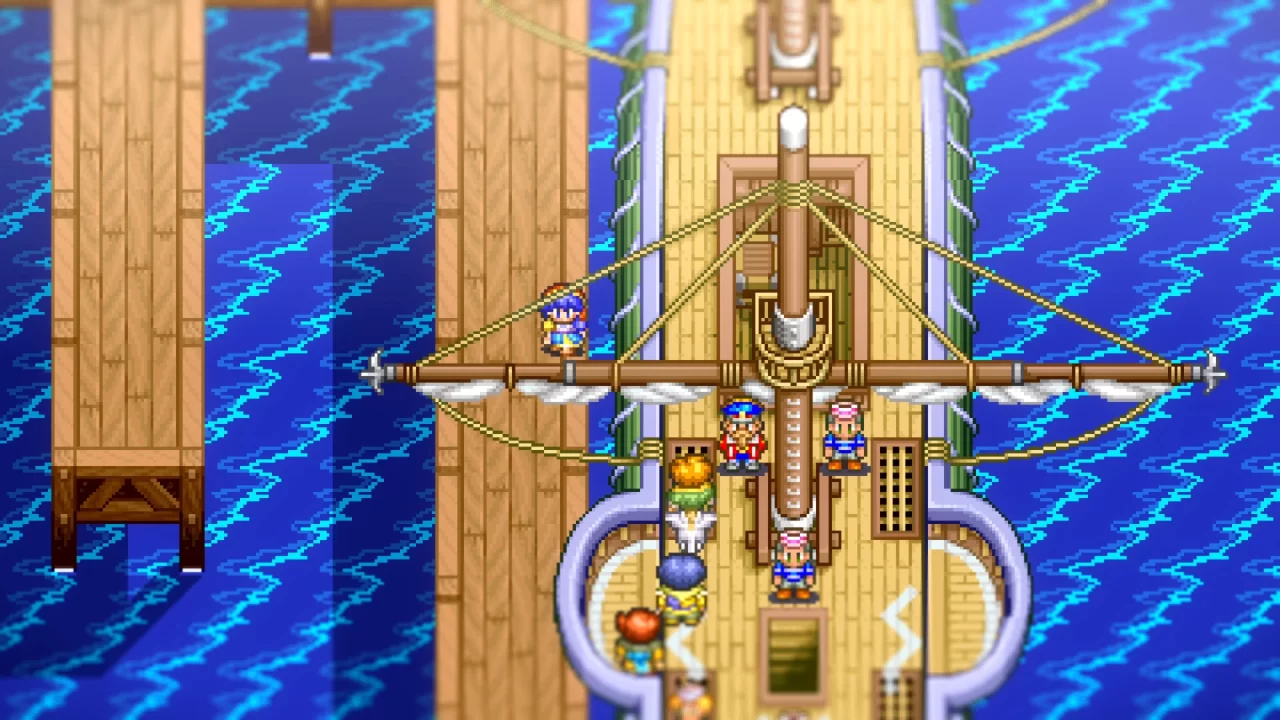
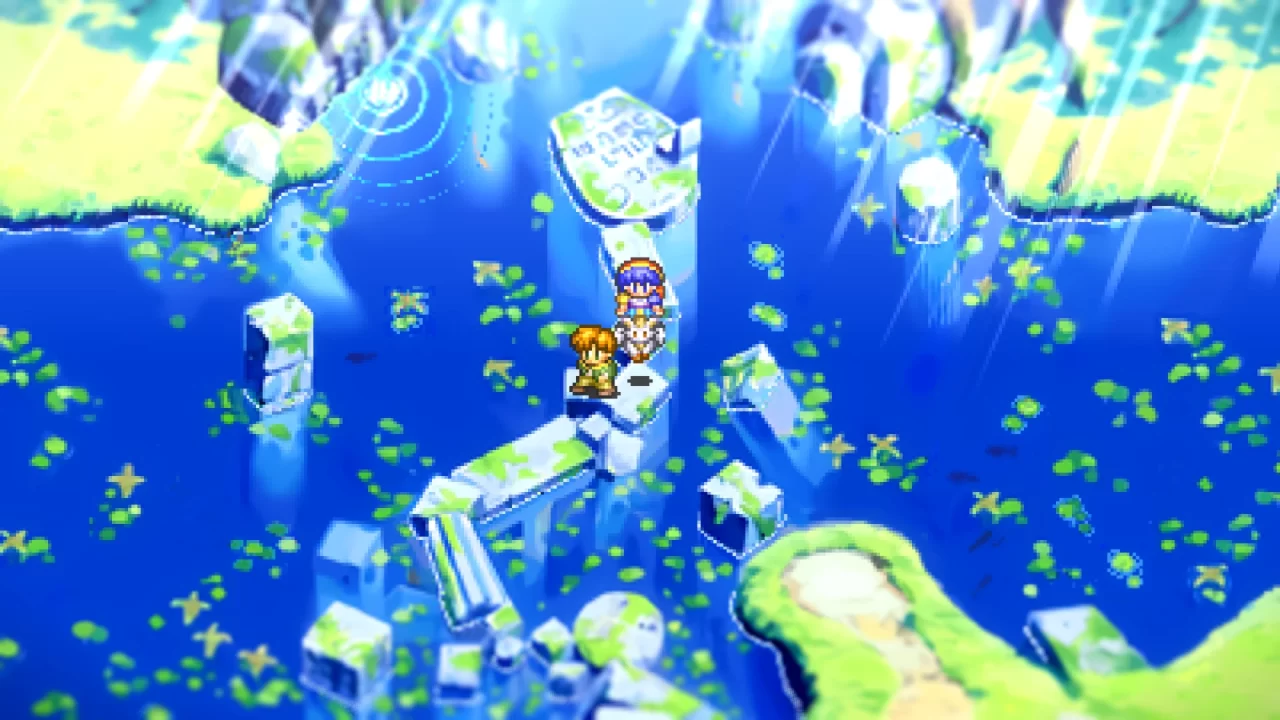
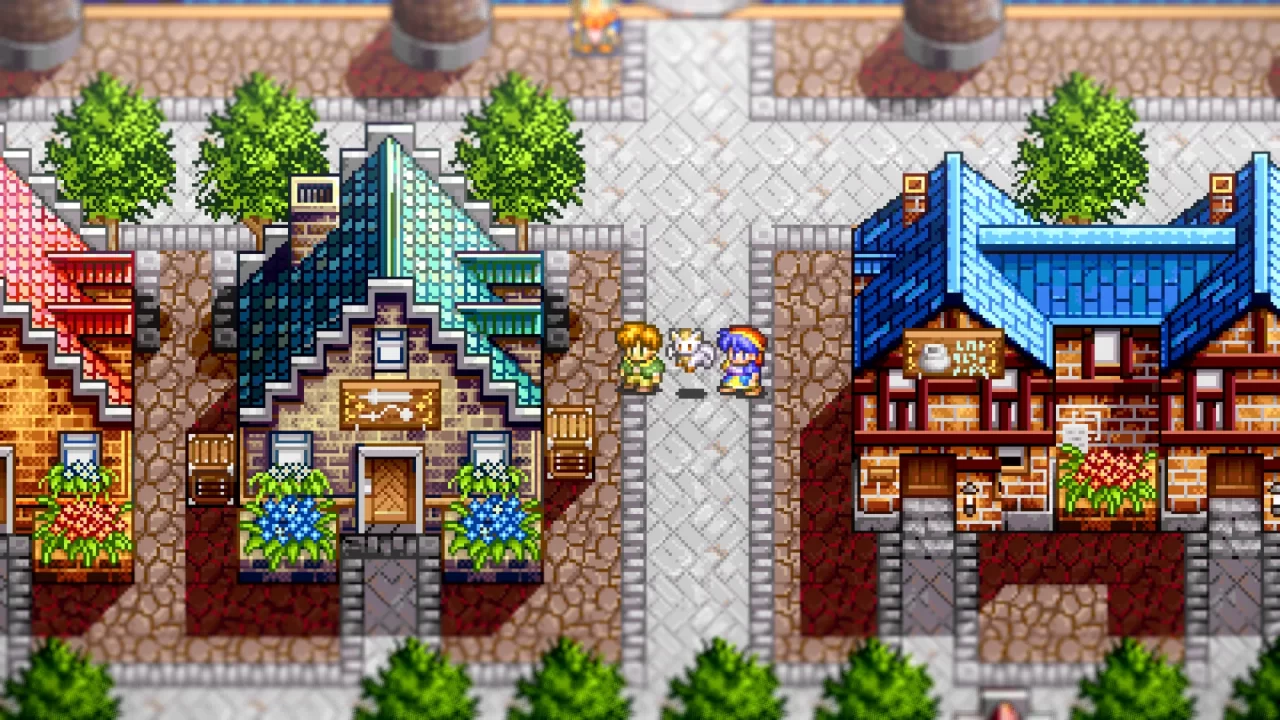
Lunar Remastered Collection, which compiles enhanced versions of Lunar: Silver Star Story Complete and Lunar 2: Eternal Blue Complete, makes its grand return on April 18th for PS5, PS4, XSX, XB1, Switch, and PC via Steam.
Keep checking back here at RPGFan for more Lunar and other RPG updates!
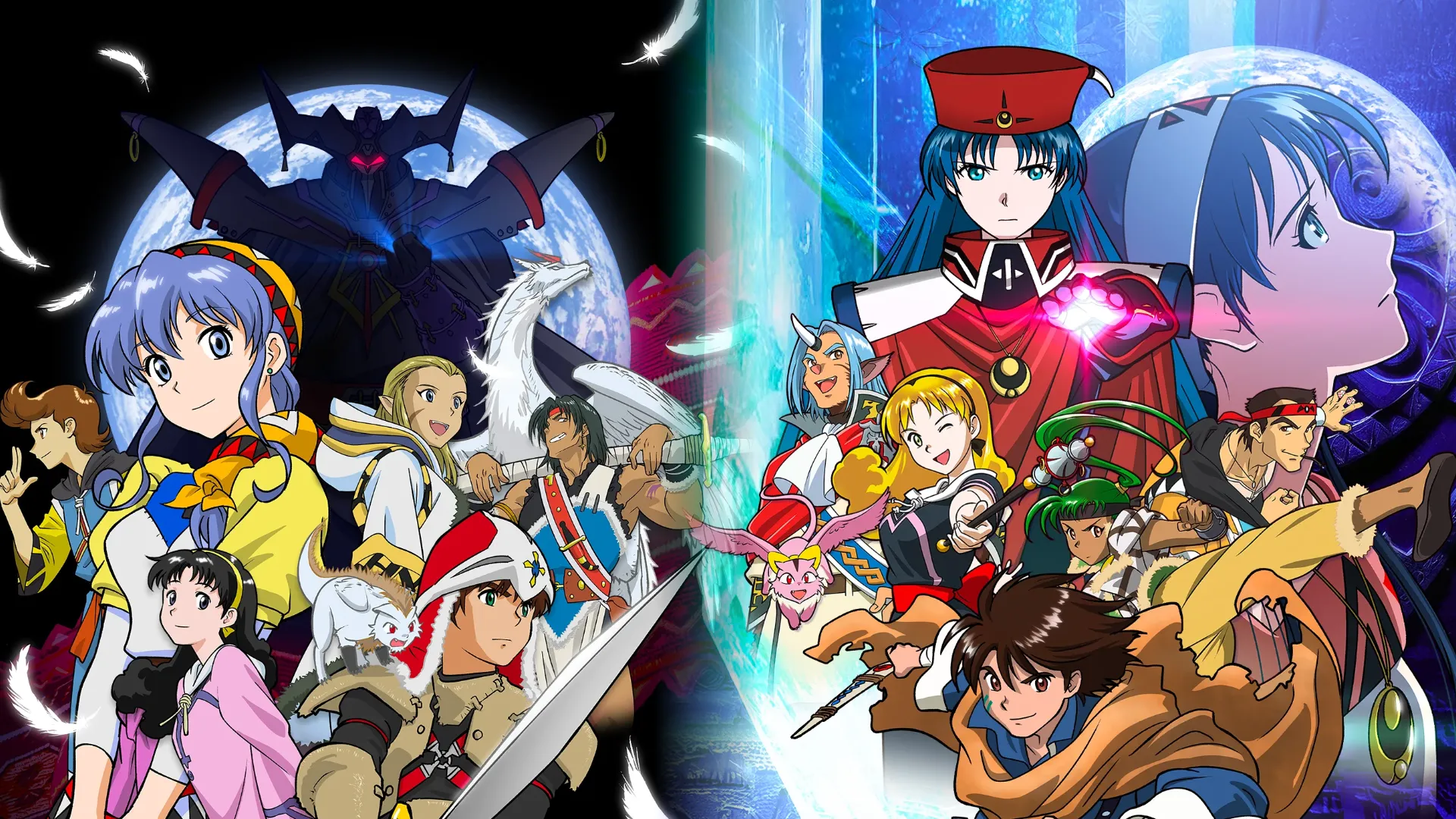
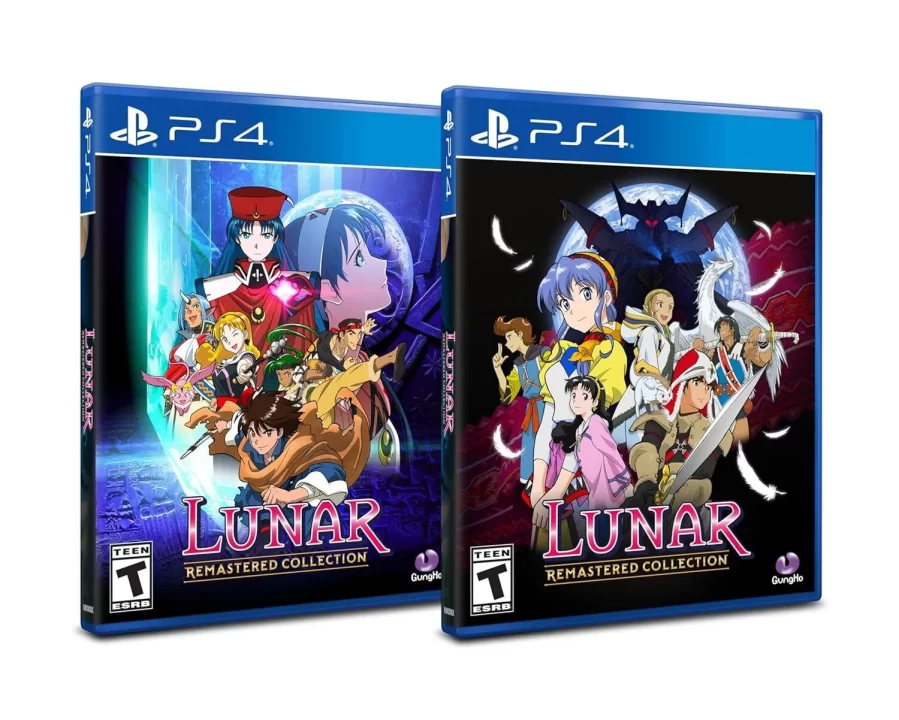

Leave a Reply
You must be logged in to post a comment.